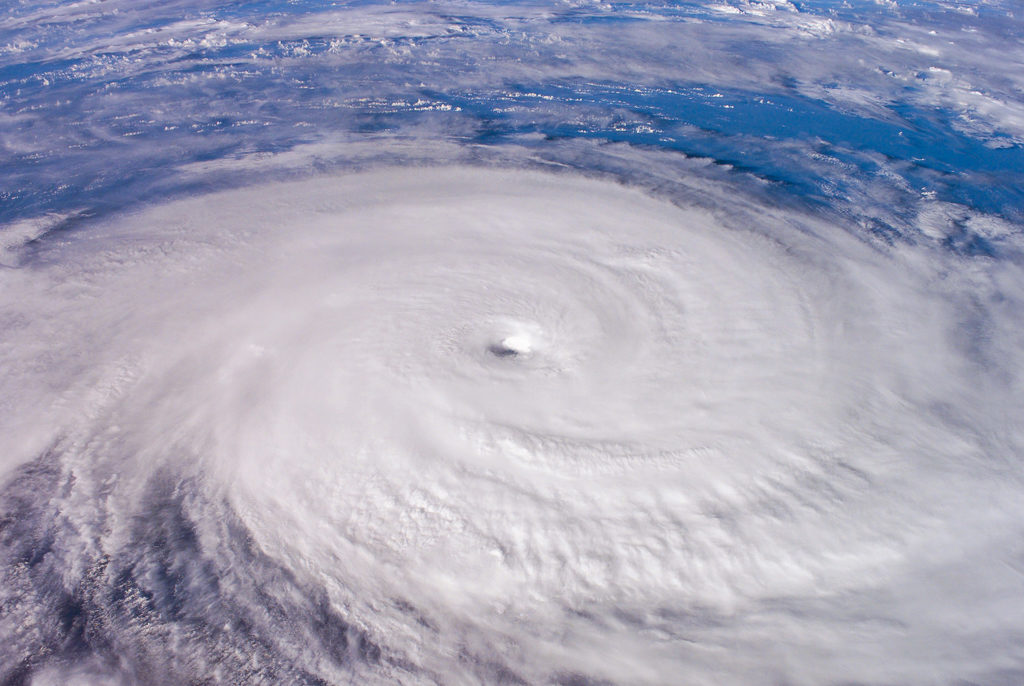The benefits of a public adjuster for disaster relief

The power of a category-5 hurricane is devastating. And business owners hit by recent hurricanes in Texas, Louisiana, Florida and surrounding areas could suffer huge losses in revenue while they recover.
Stephen Figlin, a public adjuster with the Young Adjustment Company and past president of the National Association of Public Insurance Adjusters (NAIPA), weighed in on the crucial role of a public adjuster in the wake of a disaster.
- A public adjuster works for you. Public adjusters represent the insured on first-party claims as opposed to an adjuster hired by the insurance company. “It’s very important during any type of claim to identify the impact of various types of damage to the business, to the success of the business going forward, and to the financial health of the business,” Figlin says. “They want a team working with them who has the same image and is willing to spend the time and effort to identify those issues.”
For those thinking they’re too cash-strapped to afford an adjuster, “[In Texas] public adjusters are paid on a contingency basis based on a percentage of recovery,” Figlin says. “It maxes out at 10%of what’s recovered from the insurance company.” Louisiana, however, is a little different. “The fees are on an hourly fee basis, similar to the way an attorney would charge for hours of service, plus costs that may be involved in preparing the claim,” says Figlin. Find out the pay structure in your area, as they can differ from state to state.
- Know what to look for in a public adjuster. Anyone hiring a pubic adjuster should be on the lookout for several qualifications. “Make sure that they’re properly licensed and bonded in the jurisdiction where the claim occurs,” says Figin.
Public adjusters should also be associated by one of the national governing associations, like the NAIPA, Figlin says, “who have a code of ethics that they require our members to participate in and understand, and are able to deliver the highest degree of professional service to the business community.”
Finally, make sure the adjuster has experience dealing with the types of claims that you plan to file. “There are public adjusters with expertise in residential claims,” says Figlin. “There are adjusters who have higher levels of expertise in commercial or industrial claims, and they’re all different and require different views on how to be able to understand the insurance policy and apply the coverages.”
- Know what your insurance covers. CEOs (and CFOs) should grab a copy of their insurance policy to find out exactly what is covered and how. “There can be a whole host of other property insurance policies that have some contributing factors,” Figlin says. “It may not just be simply a flood insurance policy. Coverage could come under boiler and machinery coverages. CEOs should make an immediate assessment of all the available coverages that could contribute in one way, shape, or form to a financial recovery.”
- Set up a bookkeeping system. Recovering from a hurricane means the removal of the water, water-damaged property and wind-damaged property, Figlin says. “It (removal) needs to occur quickly to be able to reestablish a business and get them back operating.”
CEOs must set up a system that tracks all the costs of cleanup and “properly charts into the right accounts so that the insurance companies can be asked for reimbursement,” he says.
Category : Risk Management


It’s great that you elaborated on the benefits of hiring a public adjuster. I agree that one of the biggest benefits is that the adjuster isn’t hired by the insurance company so they can be a little more unbiased in their decisions. In my opinion, everyone should use a public adjuster so they get themselves the best deal possible.
It’s good that you point out that a public adjuster can help you with your insurance claim in the event your home is damaged in a disaster. My roof was damaged in a recent storm, so I’m considering engaging the services of a public adjuster. I’m going to look for a good public adjuster in my area to hire.